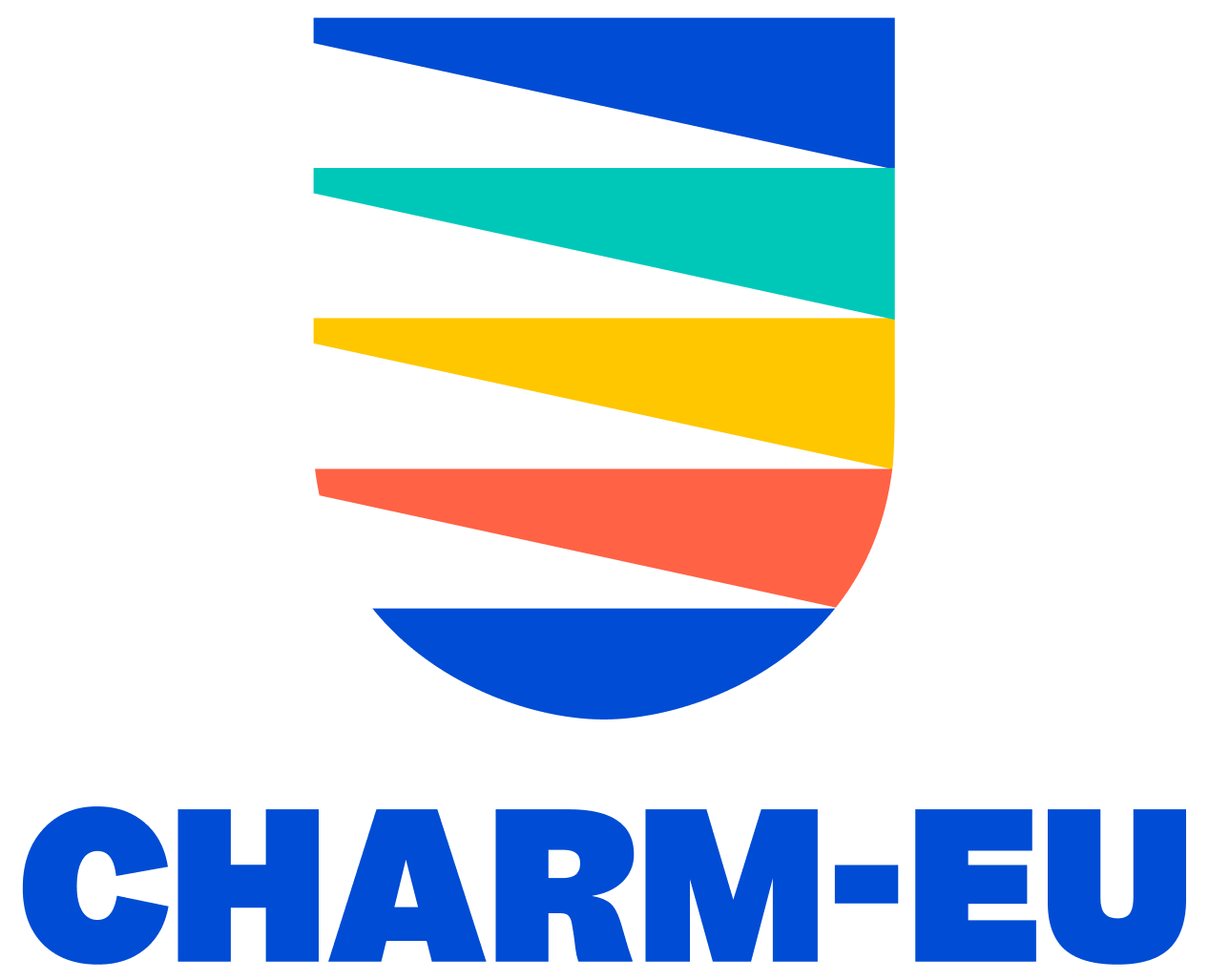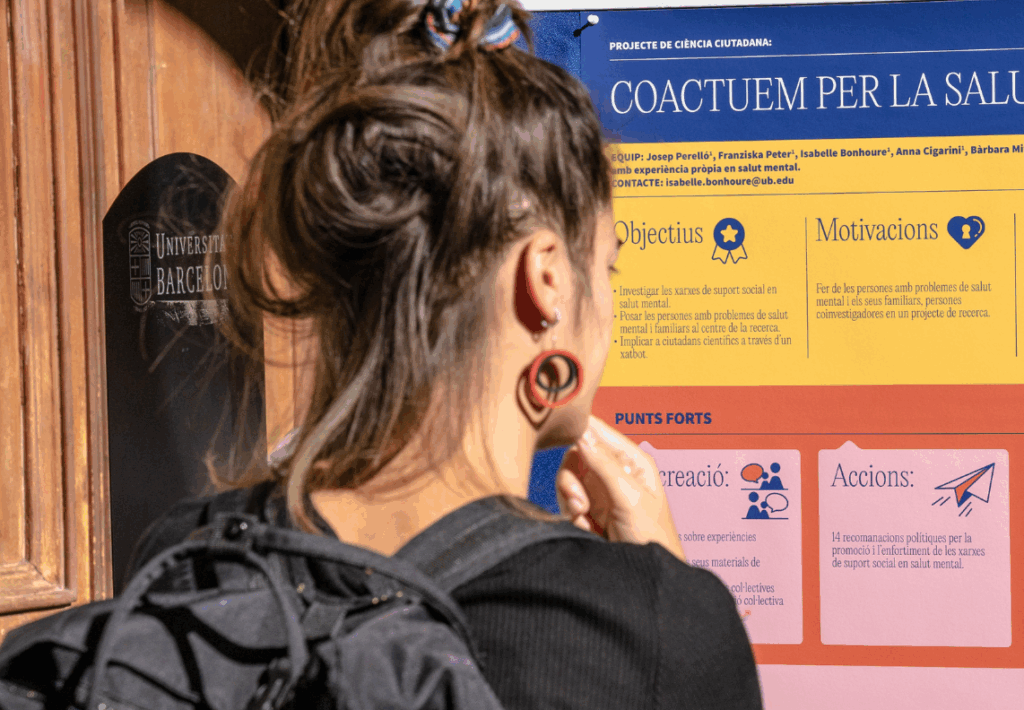Advancing research and collaboration across HEIs
The doctoral mobility initiatives within CHARM-EU aim to enhance the academic and professional development of doctoral researchers by promoting cross-border collaboration and international research exchange. Doctoral candidates benefit from expanded research skills, increased networking opportunities and enhanced language abilities, while universities gain greater visibility and reputation through international cooperation. The mobility opportunities also allow supervisors to foster collaborative, interdisciplinary research that adds value to the academic experience for all involved. Despite the challenges posed by different funding systems, accreditation standards and institutional structures, CHARM-EU supports doctoral mobility through innovative programs designed to streamline administrative processes and ensure broad inclusive participation.
Read more
Doctoral mobility within CHARM-EU is designed to provide structured, flexible opportunities for researchers to collaborate internationally while accommodating the specific nature of doctoral studies. Unlike traditional semester-long exchanges, doctoral mobility typically involves short-term research stays, conferences, lab rotations, summer schools, and co-supervision arrangements. These experiences allow doctoral candidates to gain international exposure without disrupting their primary research commitments.
A significant development within CHARM-EU is the creation of a Blended Intensive Program (BIP) specifically for doctoral candidates. This initiative combines online and in-person learning, encouraging collaboration across disciplines and institutions. Additionally, CHARM-EU is launching a series of online courses under the Transnational Online Learning (TOL) framework, starting in the spring semester of 2025, further expanding learning opportunities for doctoral candidates.
To understand the existing landscape of doctoral mobility, CHARM-EU conducted a survey across its partner institutions. With an estimated 17,000 doctoral candidates within the alliance (excluding Hochschule Ruhr West), the survey highlighted the structural differences in doctoral programs across universities. In response to these findings, CHARM-EU is working on several strategic initiatives. One focus area is the creation of a shared database that will allow partner universities to exchange doctoral-level courses. This initiative will support the development of short, structured programs that facilitate credit transfer and formal recognition. Furthermore, a centralized repository of available traineeships and research placements is being developed to streamline access to mobility opportunities.
Ensuring inclusivity is central to CHARM-EU’s approach. Doctoral candidates with fewer opportunities may qualify for additional Erasmus+ funding, including financial support for mobility with children or dependents. Flexible mobility formats, including short-term research stays, are being prioritized to accommodate researchers who may face challenges with long-term mobility. Sustainability is also a key consideration, with Erasmus+ incentives available for environmentally friendly travel, supporting CHARM-EU’s commitment to responsible international mobility.
Credit recognition remains a crucial aspect of doctoral mobility. Due to variations in how mobility experiences are accredited across universities, CHARM-EU is working towards harmonizing recognition practices. In some institutions, participation in mobility programs may be formally documented in diploma supplements, even if no formal ECTS credits are awarded. The alliance is also exploring how best to integrate mobility experiences into research training to ensure academic and professional benefits for participants.
Networking plays a fundamental role in CHARM-EU’s doctoral mobility strategy. The alliance is planning structured doctoral network meetings focusing on transferable skills such as project management and research communication. These initiatives aim to address gaps in university offerings while leveraging the advantages of transnational collaboration. Engaging both doctoral candidates and academic staff in international research discussions is also a priority, ensuring that mobility opportunities align with research interests and institutional priorities.
To support these efforts, CHARM-EU is reviewing best practices in doctoral mobility. Successful summer school models, such as those offered by Utrecht and Budapest, provide valuable insights for structuring future programs. The TORCH Project has also contributed to CHARM-EU’s mobility framework by developing methodologies for interdisciplinary academic collaboration aligned with global research priorities. These insights will continue to shape the evolution of CHARM-EU’s doctoral mobility initiatives, ensuring that they remain relevant, inclusive and impactful.
SOMETHING FOR YOU TOO? EXPLORE THE OPPORTUNITIES!
Academic staff, supervisors and international coordinators play a crucial role in creating and expanding doctoral mobility opportunities that provide doctoral candidates with valuable international research experiences. If you are academic staff or supervisor interested in advancing doctoral mobility within CHARM-EU, follow the step-by-step guide below on implementing such programs.
WOULD YOU LIKE TO CARRY OUT A SIMILAR PROCESS YOURSELF? SEE OUR GUIDES!
| Step | Action | Who Should Be Involved? | Resources / Support |
| Step 1 | Evaluate institutional capacity for doctoral mobility Conduct a review of your institution’s ability to support doctoral mobility, considering research resources, faculty involvement, and potential funding. Identify relevant departments or research groups. | International coordinators, academic staff, research offices | CHARM-EU members Support Contacts |
| Step 2 | Engage stakeholders and define program structure Collaborate with faculty, department heads and administrative units to align mobility opportunities with research goals. Define the structure, content and format of the mobility programs. | International offices, academic staff, faculty heads, research offices | CHARM-EU Mobility Handbook CHARM-EU members Support Contacts Examples: Utrecht Summer School Budapest Summer University Course Catalogue |
| Step 3 | Develop and promote doctoral mobility programs Design and communicate doctoral mobility opportunities for doctoral candidates. Ensure that programs align with research interests and foster collaboration across institutions. | Academic staff, international offices, program coordinators | CHARM-EU Website News and events page |
| Step 4 | Implement funding opportunities Secure funding for mobility activities, particularly for short-term and long-term stays. Apply for ERASMUS+ grants or other financial support options to cover costs such as travel, accommodation, and living expenses. | International coordinators, financial officers, program coordinators | Green Travel bonus CHARM-EU members Support Contacts |
| Step 5 | Coordinate and facilitate the mobility process Ensure logistical and academic support for participants, including travel arrangements and accommodation. Ensure that mobility experiences align with academic goals and research objectives. | International coordinators and offices, program coordinators | CHARM-EU members Support Contacts |
| Step 6 | Ensure credit recognition and program completion Work with relevant academic departments to ensure that mobility experiences are recognized for academic credit. Consider using micro-credentials to formalize achievements. | Academic staff, academic departments, international offices, program coordinators | CHARM-EU members Support Contacts |
| Step 7 | Provide post-mobility support and networking opportunities Facilitate continued engagement through networking opportunities, follow-up activities and the sharing of research outcomes. Gather feedback from participants to improve future programs. | International offices, academic staff, program coordinators | CHARM-EU members Support Contacts |

